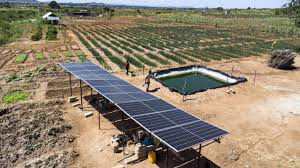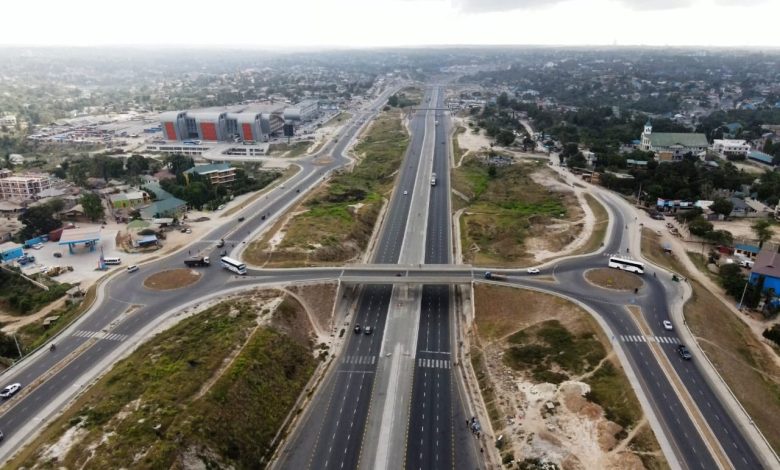Dar es Salaam, Tanzania – A recent study shows that reporting on solar energy in East Africa has surged, reflecting the region’s growing interest in renewable energy solutions.
The research, conducted by energy analysts and media watchdogs, tracked news coverage and found a notable increase in articles, reports, and features about solar power over the past five years.
The study highlights that countries like Kenya, Tanzania, and Uganda are leading the way in adopting solar technologies, driven by rising electricity demand, rural electrification programs, and private sector investment.
“The increase in reporting shows that solar energy is no longer a niche topic. It is becoming central to discussions on energy access, climate change, and sustainable development,” said Hellen Nachilongo, the study’s lead author.
In Tanzania, solar energy is playing a crucial role in rural communities where national grid electricity is scarce. Small-scale solar installations have enabled households, schools, and clinics to access reliable power, improving livelihoods and health services.
Kenya and Uganda are also experiencing rapid growth in solar adoption. Kenya has promoted off-grid solar home systems, while Uganda has implemented solar mini-grids and incentives for private solar companies.
The study notes that the surge in media coverage has helped raise public awareness about renewable energy benefits, including cost savings, environmental protection, and job creation in the solar industry.
Despite progress, challenges remain. High initial installation costs, lack of financing options, and inconsistent government policies continue to slow adoption in some areas. Experts recommend stronger regional cooperation, subsidies, and public-private partnerships to accelerate solar energy deployment.
“Media attention is important because it informs citizens, encourages investors, and holds policymakers accountable,” Nachilongo added.
With East Africa’s population growing rapidly and electricity demand rising, solar energy is poised to play an increasingly critical role in powering the region sustainably.



